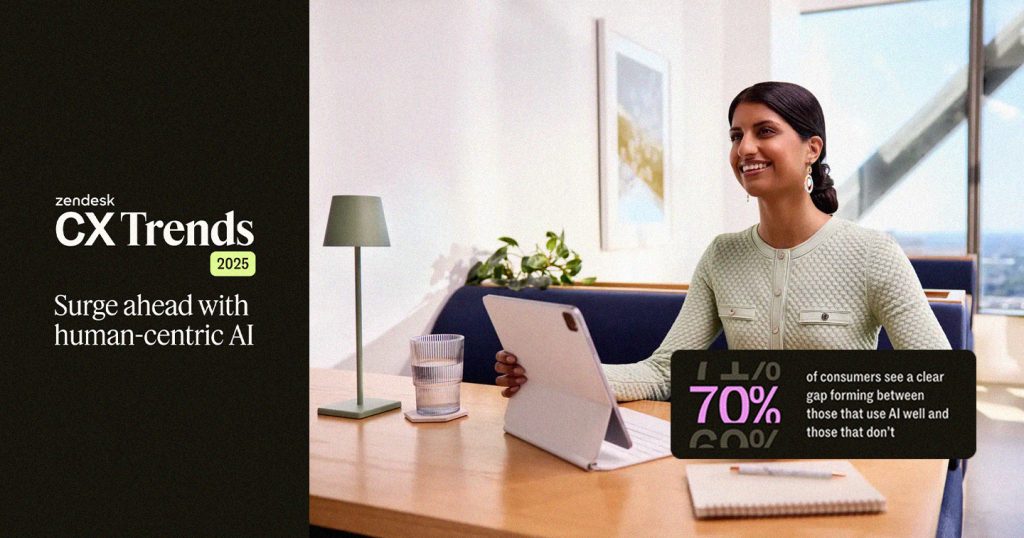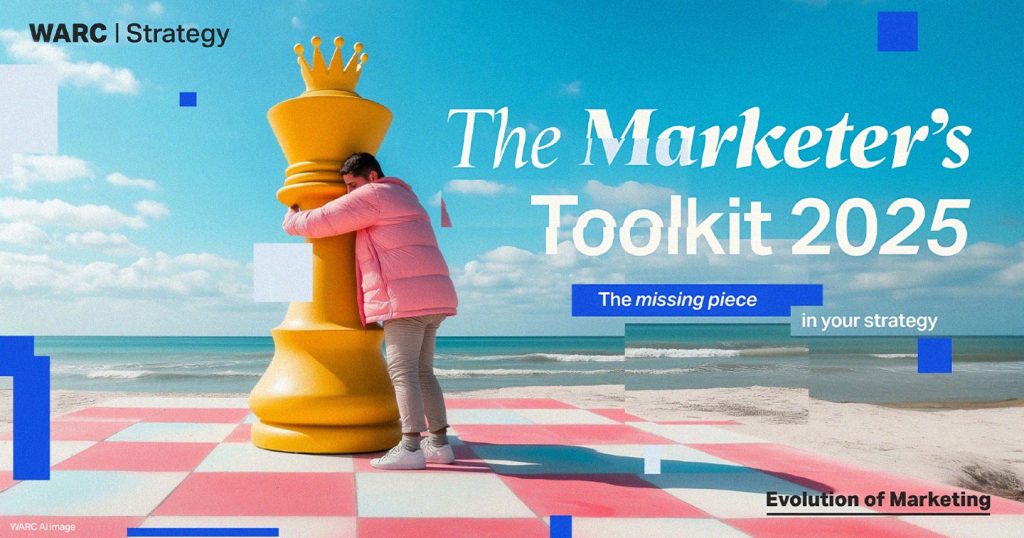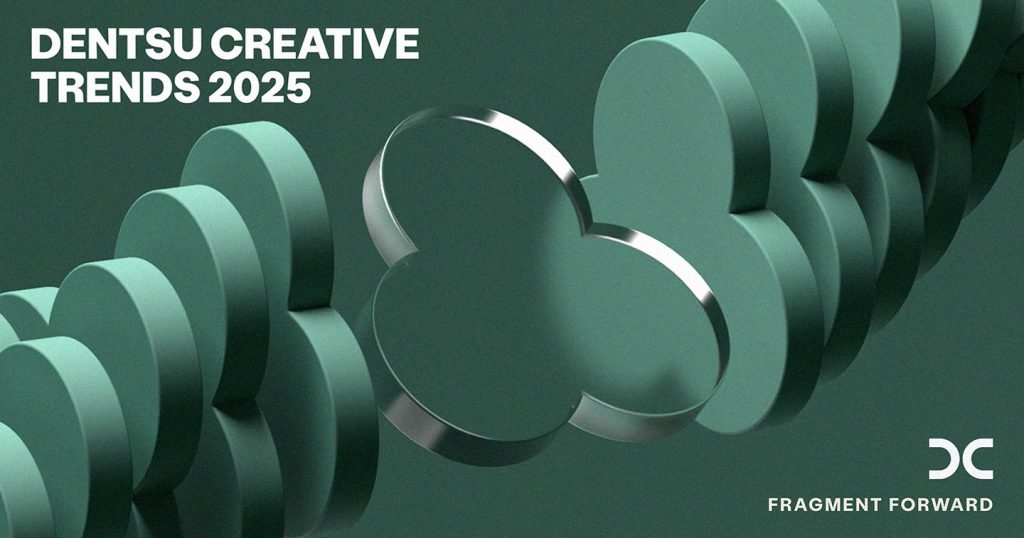MANILA, PHILIPPINES — As the global landscape evolves, 2025 promises to be a transformative year for businesses, consumers, and industries. Insights from leading reports highlight key developments that are redefining consumer expectations, technological applications, and strategic priorities. Adobo Magazine dives into five pivotal trends shaping the year ahead and their broader implications for businesses worldwide.
1. AI and Personalization: Revolutionizing Customer Experience

Artificial Intelligence (AI) continues to disrupt industries, with its potential to enhance customer interactions being one of the most compelling applications. According to Zendesk’s 2025 report, consumers in Asia Pacific increasingly value AI systems that are human-like, empathetic, and engaging. These traits foster trust and improve customer satisfaction. For instance, over 80% of APAC consumers prefer AI that mirrors friendliness and empathy, while 72% expect highly personalized services, underscoring the critical role of customization in loyalty-building.
Companies that integrate AI strategically are reaping substantial benefits. Zendesk’s CX leaders, labeled “Trendsetters,” report a 172% higher ROI from their AI investments compared to competitors. Personal AI assistants and voice AI, such as Alexa and Siri-inspired tools, are also reshaping service expectations by offering instant, tailored solutions. Businesses embracing these technologies are not only differentiating themselves but are also driving higher retention and cross-sell revenue.
2. The Growth of Cross-Border and Seamless Commerce

The payments and retail sectors are experiencing profound transformations, driven by the need for seamless, global interactions. Visa’s report identifies cross-border ecommerce as a critical driver of growth, particularly in regions like the Philippines, where consumers are rapidly adopting global retail options. Filipino shoppers engaging in international ecommerce rose from 27% in 2023 to 32% in 2024, illustrating the growing accessibility of worldwide marketplaces.
Innovations like video commerce, which blends entertainment with transactions, are enhancing these experiences. Meanwhile, tools such as Visa Direct facilitate real-time, multi-currency transactions, addressing longstanding pain points in cross-border payments. These technologies are leveling the playing field for SMEs, enabling them to compete in international markets with greater efficiency and trust. As businesses prioritize connected commerce, they’re redefining operational ease and customer convenience, setting the stage for a more interconnected economy.
3. Social Commerce and Omni-Channel Retail: APAC Leads the Way

Asia Pacific continues to set the benchmark for omni-channel retail innovation. VML’s APAC’s Future Shopper report underscores the hybrid shopping behaviors prevalent across key markets like Thailand, China, and Indonesia. Unlike Western markets where physical retail is resurging, APAC consumers seamlessly integrate online and offline shopping experiences, demonstrating a preference for dynamic, tech-driven engagement.
In Thailand, TikTok’s “Shoppertainment” and influencer-driven marketing dominate, while “Buy Now, Pay Later” (BNPL) services encourage aspirational purchases. Similarly, Chinese platforms like Douyin are decentralizing ecommerce by choosing personalized, social experiences over traditional marketplaces. Indonesian shoppers exemplify this hybrid model, leveraging online platforms for research and price comparisons while valuing in-person interactions for final purchases. Businesses aiming to thrive in these markets must ensure seamless integration, leveraging technology to cater to both online and offline consumer journeys.
4. Sustainability in AI and Media: A Growing Concern

As AI adoption accelerates, its environmental impact is under scrutiny. WARC’s Marketer’s Toolkit 2025 outlines the growing need for sustainable AI practices. Current research shows that generating a single image with a powerful AI model can consume as much energy as charging a smartphone multiple times, contributing significantly to carbon emissions. Despite this, less than a third of marketers see sustainability concerns influencing their media buying in 2025.
Businesses are encouraged to adopt frameworks favoring energy-efficient AI operations to mitigate this. This includes collaboration across industries to develop scalable sustainability standards and leveraging tools like tokenization and AI-driven fraud prevention for greener digital practices. By aligning technological innovation with environmental responsibility, companies can future-proof their strategies while addressing consumer demands for sustainability.
5. The Shift Toward Individualism and the “Good Enough” Life

Societal changes are reshaping consumer priorities, with individualism taking center stage. Dentsu Creative’s Fragment Forward report explores how younger generations are redefining success. Faced with economic uncertainties, they’re placing greater importance on personal well-being, financial freedom, and simple pleasures over traditional milestones like homeownership or career advancement.
This shift is reflected in the growing number of single-person households, which are expected to outpace all other household types globally by 2040. Brands have an untapped opportunity to cater to this audience, offering products and services that address the unique challenges of solitary living while creating inclusive narratives that resonate emotionally. Furthermore, the “Good Enough” life underscores a shift in consumer focus from constant striving to living well within their means, presenting a chance for businesses to innovate around affordability and accessibility.
Implications for Businesses in 2025
The convergence of these trends demands agility and foresight from businesses. Key strategies include:
- Prioritizing AI Integration: Companies should invest in human-centric AI tools that enhance personalization while maintaining empathy and security.
- Enhancing Omni-Channel Experiences: Seamless integration of online and offline touchpoints is critical to meeting diverse consumer expectations.
- Focusing on Sustainability: Building frameworks for energy-efficient AI and sustainable commerce practices will help address growing environmental concerns.
- Targeting Emerging Lifestyles: Brands must develop products and marketing strategies tailored to individualistic consumers and solitary households.
- Embracing Cross-Border Opportunities: Businesses should capitalize on technologies that simplify global transactions, enabling participation in a more interconnected marketplace.
The trends shaping 2025 are not just markers of change, but opportunities for businesses to innovate, adapt, and lead. By aligning strategies with these emerging priorities, companies can navigate complexities while creating meaningful, sustainable, and inclusive experiences for their audiences. As the future unfolds, those who embrace these shifts with creativity and purpose will be best positioned to thrive in a rapidly evolving world.








